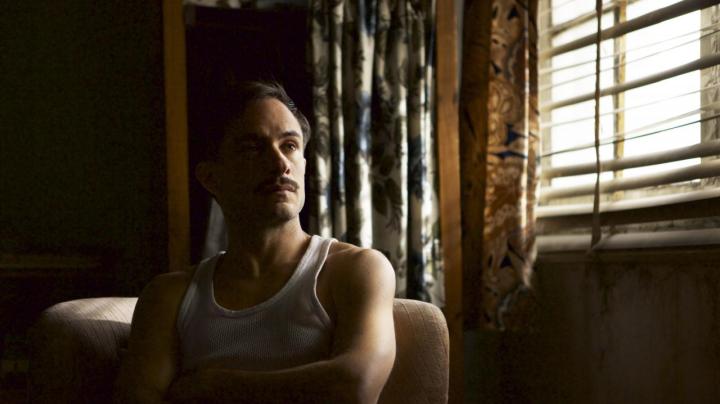Here are the 14 Latin American Films in the Running for Best Foreign Language Film Oscar

The deadline is here and close to 80 films have been submitted to compete for the Academy Award for Best Foreign Language Film. From that long roster of films (which include a Verhoeven/Huppert flick, a German father/daughter comedy, a Swiss animated film and a doc on the refugee crisis), a special committee will whittle down the number to 9, before nominations for the 89th edition of the Oscars are announced on January 24, 2017.
Latin America, which last year was repped by Ciro Guerra’s masterful Embrace of the Serpent, looks to add its share of worthy contenders to this year’s list. One expected title you won’t find, though, is Kleber Mendonça Filho‘s Aquarius. The Sonia Braga-film, which debuted at Cannes, was thought by many to be an early favorite given the Brazilian star’s turn and the film’s timely message. But the filmmakers’ protests at the Croisette against the current political crisis at home led to the film being sidelined by the country’s committee.
After several other directors abstained from submitting their own films, Brazil chose David Schurmann’s Pequeno segredo. That uplifting, globe-trotting tale hopes to earn a coveted spot in the sole Oscar category designed to showcase global cinema. Check out the fourteen films submitted by the region, which included a pair of Gael García Bernal flicks, a Cuban AIDS drama, and the first Venezuelan film to win the Golden Lion at Venice, down below.